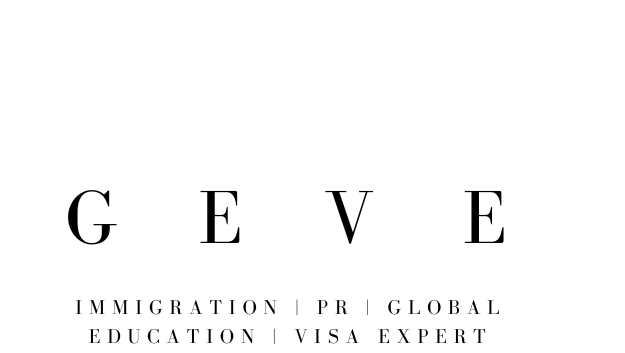IMMIGRATION APPEAL SERVICES
The majority of refusals made from the Canadian immigration authorities could be appealed to in a manner. The refusal of visa applications like Express Entry applications, work permits, study permits, or visas for visitors can be appealing at the Federal Court. Refusals for family-class applications like the sponsorship of spouses or partners, children or parent sponsorships could be appealed in the Immigration Appeal Division. The loss of permanent residence may frequently be appealed to the Immigration Appeal Division also.
Refused refugee claims may be appealed before the Refugee Appeal Division. There are various appeal-like requests that could be submitted, including Humanitarian and Compassionate applications, as well as application in the form of pre-removal Risk Assessment.

